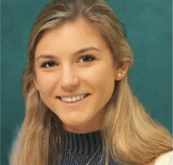Quan Pham ‘12
| by Kristine Su
Quan Pham currently works at Kaiser Permanente as a Senior Consultant; his primary responsibilities are the development and execution of a new medical facility. He manages details, like the artwork and locations of sharps bins, to the overall objectives, such as patient flow and operational efficiency.




